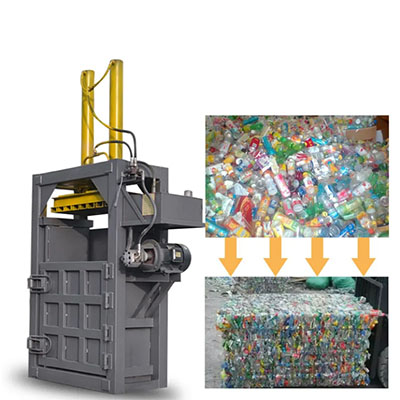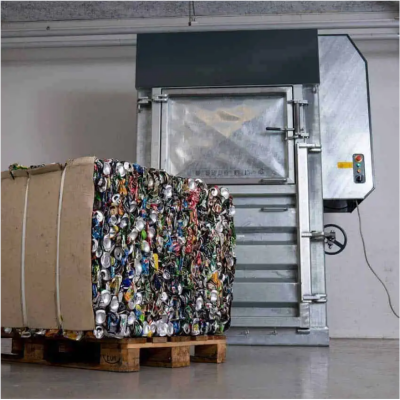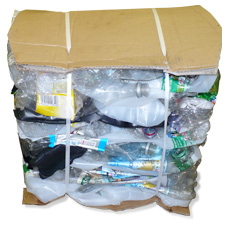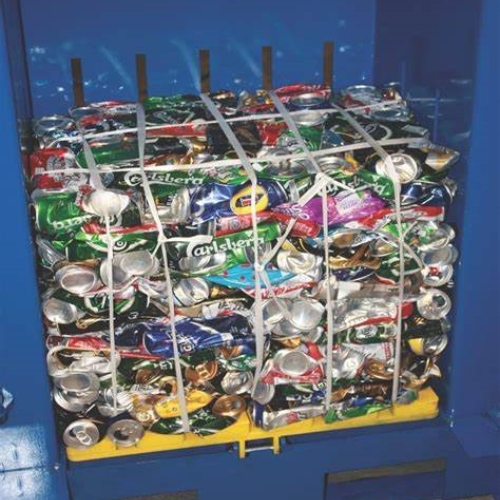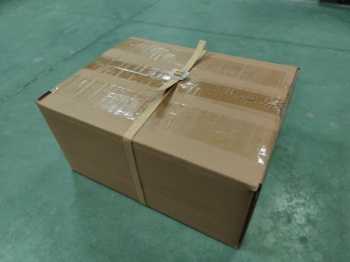Plastic pollution is a significant environmental concern, with plastic bottles being a major contributor to this global issue. The recycling of plastic bottles is a crucial step in reducing the environmental impact of plastic waste. Baling tape plays a vital role in the recycling process, enabling the efficient handling and transportation of plastic bottles for recycling. In this article, we will explore the importance of baling tape in the recycling of plastic bottles and the positive impact it has on the environment.
Plastic bottles are a ubiquitous part of modern life, used for packaging beverages, personal care products, and household cleaning solutions. Unfortunately, a significant portion of these bottles end up in landfills or as litter, posing a threat to ecosystems and wildlife. Recycling plastic bottles is an effective way to mitigate the environmental impact of this waste, conserving resources and reducing pollution.
The first step in the recycling process is the collection and compaction of plastic bottles. Baling tape is essential for this stage, as it is used to bind and compact the bottles into manageable bales. The strength and durability of baling tape ensure that the bales remain securely bound during handling and transportation, minimizing the risk of spillage and maximizing the efficiency of the recycling process.
Once the plastic bottles are compacted and bound with baling tape, they are ready for transportation to recycling facilities. Baling tape plays a crucial role in this stage, enabling the safe and efficient transport of the compacted bottles. By securely binding the bales, baling tape helps to minimize the volume of space required for transportation, reducing the environmental impact of shipping and logistics.
At recycling facilities, the compacted plastic bottles are processed and transformed into new products, such as recycled polyester fibers for clothing, plastic lumber for construction, and new plastic bottles. The use of recycled materials in manufacturing reduces the demand for virgin resources, conserving energy and reducing greenhouse gas emissions. Baling tape contributes to this sustainability by facilitating the transportation and processing of the compacted plastic bottles, ultimately supporting the circular economy and the responsible use of resources.
The environmental benefits of recycling plastic bottles with the help of baling tape are significant. By diverting plastic bottles from landfills and incineration, the recycling process reduces the environmental impact of plastic waste, conserves natural resources, and minimizes pollution. Additionally, the use of recycled materials in manufacturing reduces the carbon footprint of products, contributing to a more sustainable and circular economy.
Furthermore, the recycling of plastic bottles with the aid of baling tape supports the development of a robust recycling infrastructure. This infrastructure creates economic opportunities, including jobs in waste management, recycling facilities, and the manufacturing of recycled products. By investing in recycling and waste management, communities can stimulate local economies and contribute to a more sustainable and resilient society.
In conclusion, baling tape plays a vital role in the recycling of plastic bottles, enabling the efficient handling, transportation, and processing of this valuable resource. By supporting the recycling process, baling tape contributes to the reduction of plastic pollution, the conservation of natural resources, and the development of a circular economy. As the global demand for sustainable waste management and recycling solutions continues to grow, baling tape will remain an essential tool in the effort to minimize the environmental impact of plastic waste and promote a more sustainable future.
